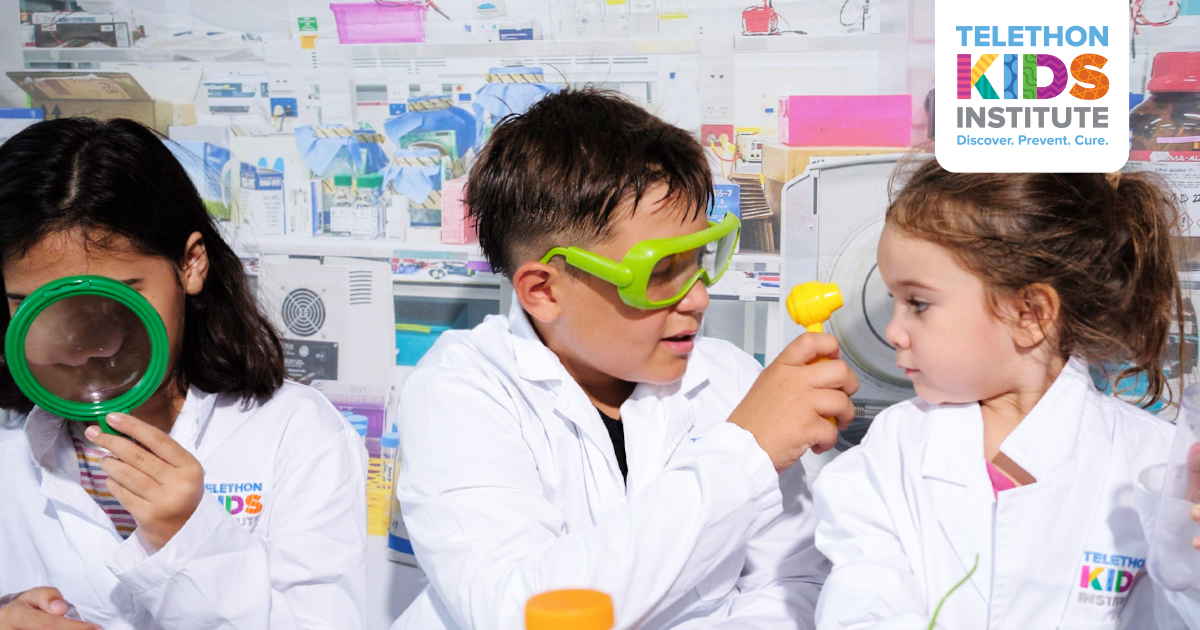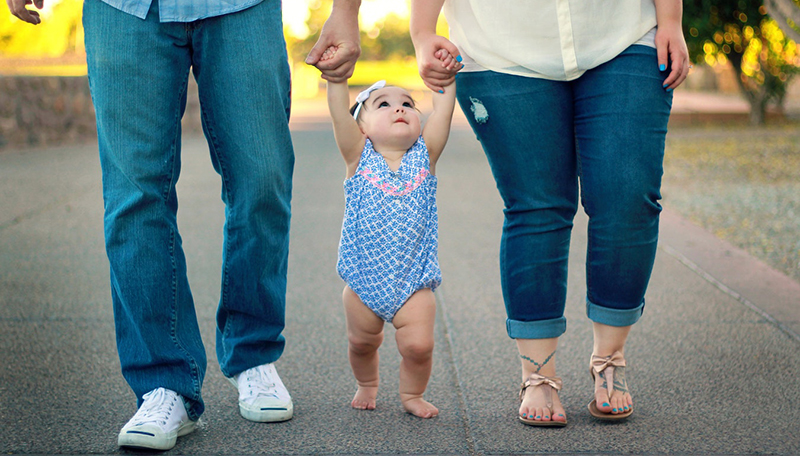Search
News & Events
How well are we raising our children?A ground breaking study of WA 5-year olds has found that more than a quarter of the children have developmental difficulties that could have life-long impacts.

News & Events
Early childhood researcher wins South Australian science awardAn early childhood researcher based at The Kids Research Institute Australia’s Adelaide office has been honoured at South Australia’s Science Excellence and Innovation Awards for her work revealing the link between screen time exposure and toddlers’ language development.

News & Events
Broome kids get their hands dirty with real-life scienceThe Kids Research Institute Australia is bringing science to the Kimberley, with a series of free activities for children and families in Broome in the leadup to National Science Week.

News & Events
Life skills for every childColab’s new Bright Tomorrows parent app is helping families across Australia give their young children the best developmental start in life.

News & Events
School readiness is more than just test resultsA new study by researchers at The Kids Research Institute Australia has found there is a bigger picture to consider when determining whether a child is ready to start school.

News & Events
WA, Queensland leading nation’s improvements in early childhood outcomesWestern Australia and Queensland are leading the nation when it comes to ensuring children have a good start at school, according to a study by researchers at The Kids Research Institute Australia.

News & Events
Bobbie brings baby’s brain to lifeA lovable blue creature by the name of Bobbie has won the hearts and minds of Western Australians.

News & Events
How to tell if your baby is meeting their social and developmental milestonesPaediatrician and researcher Dr Lana Bell shares some important milestones for social development to look out for in the first year of life.
Research
Western Australian Child Development AtlasWe know that place, location, and geography can all influence health, wellbeing, and disease, and thus are important factors in policy development and service planning.
Research
Review of Universal Access Funded Aboriginal Children with Hearing Impairment Support ProgramIn 2021 the South Australian Department for Education commissioned The Kids Research Institute Australia to undertake a review of the Hearing Impairment Support Program (HISP).
